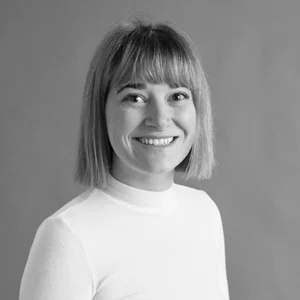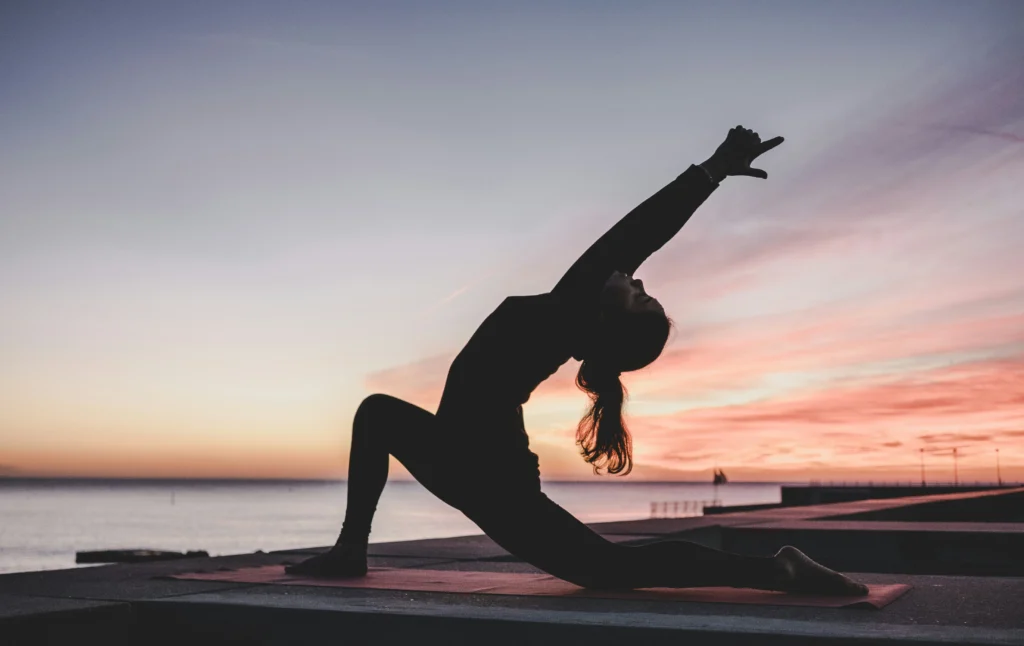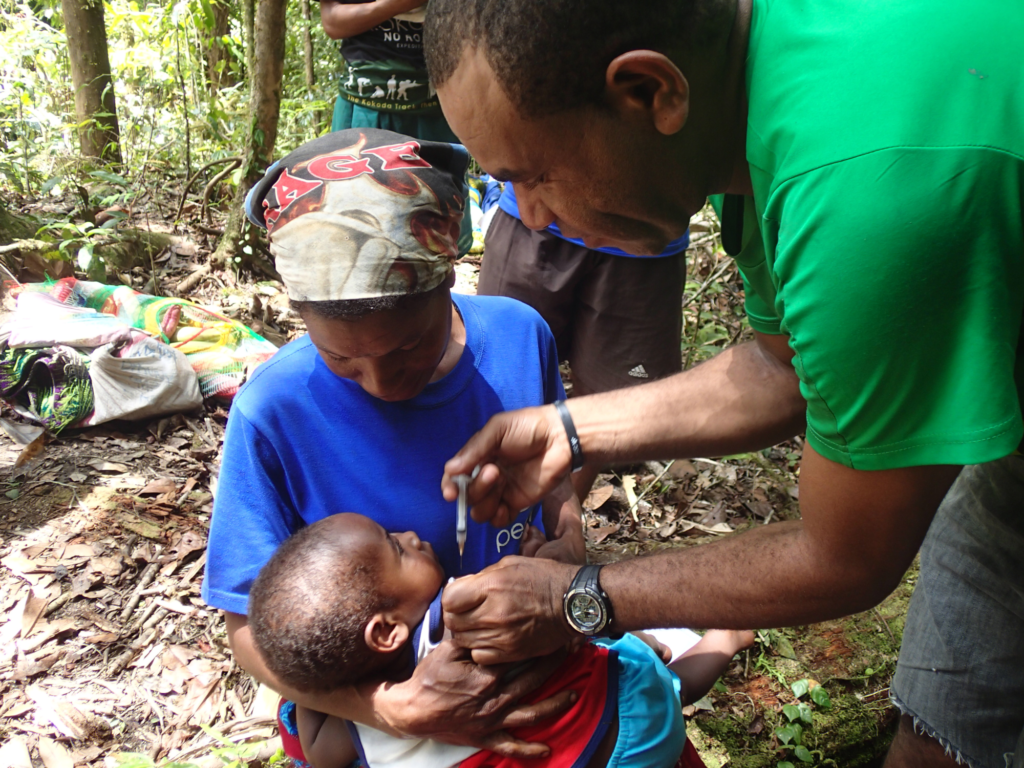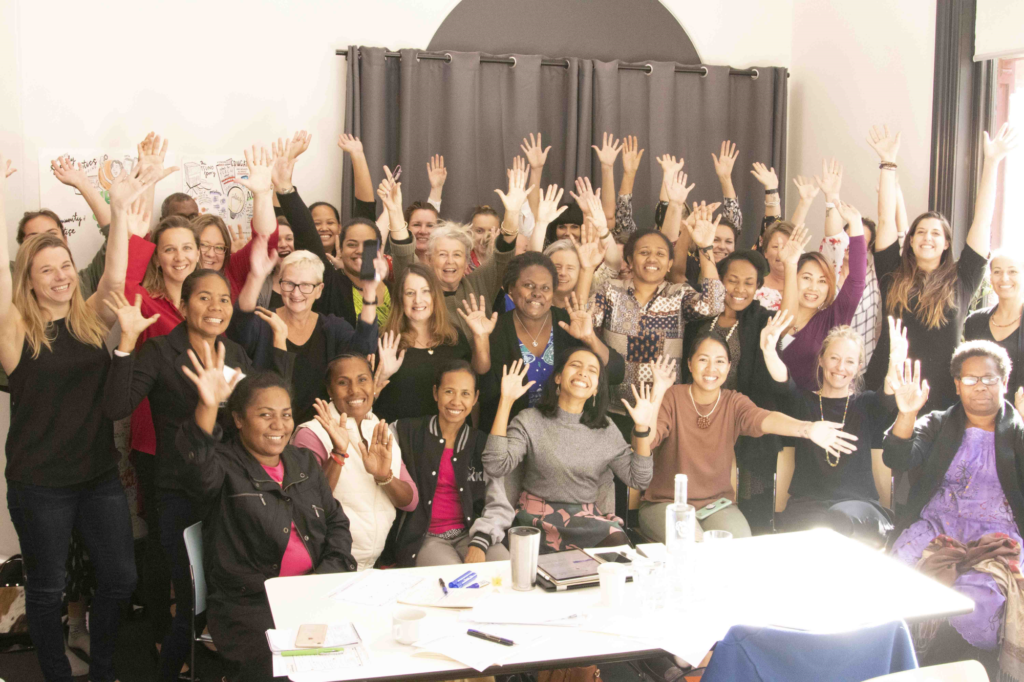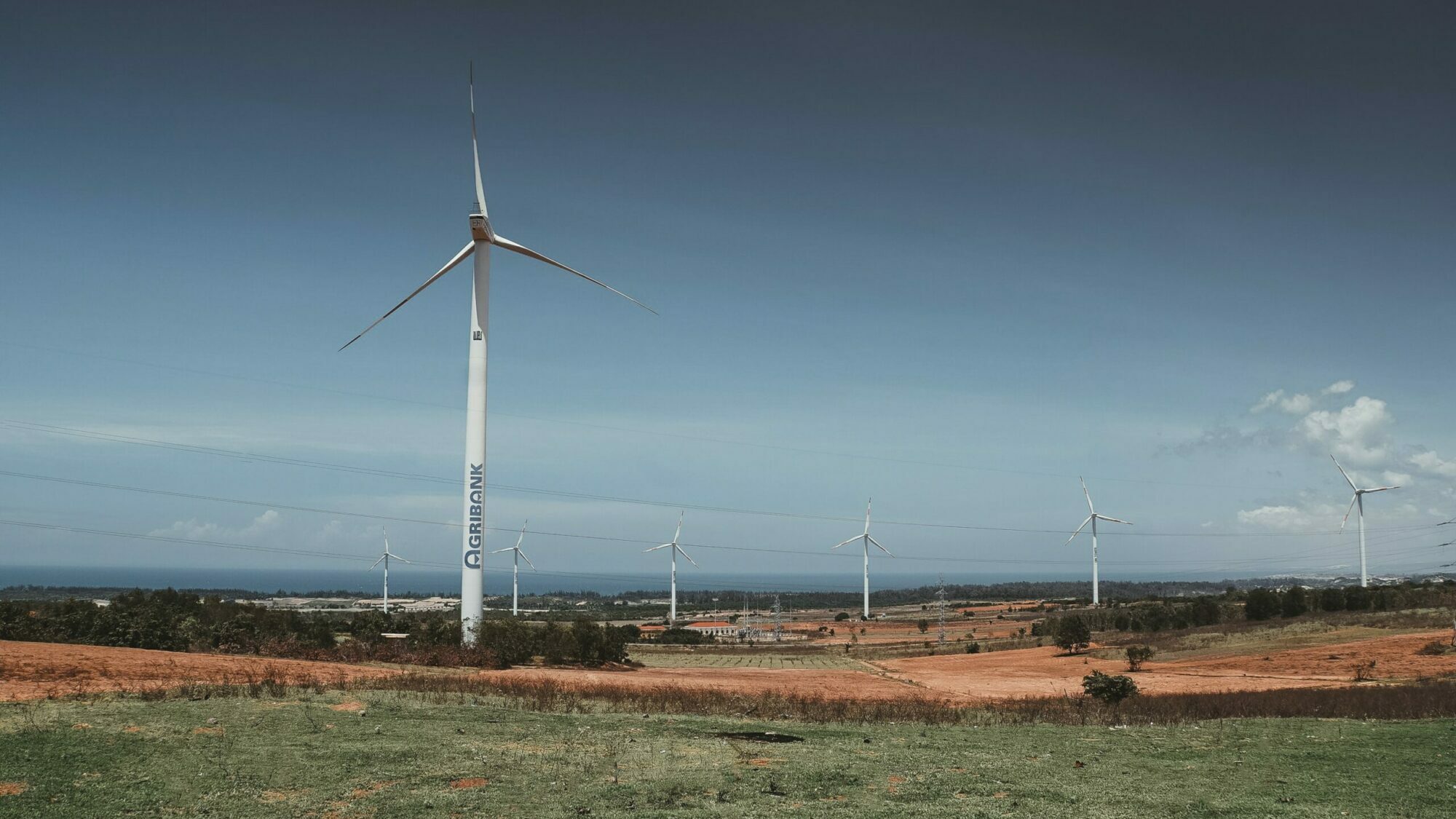
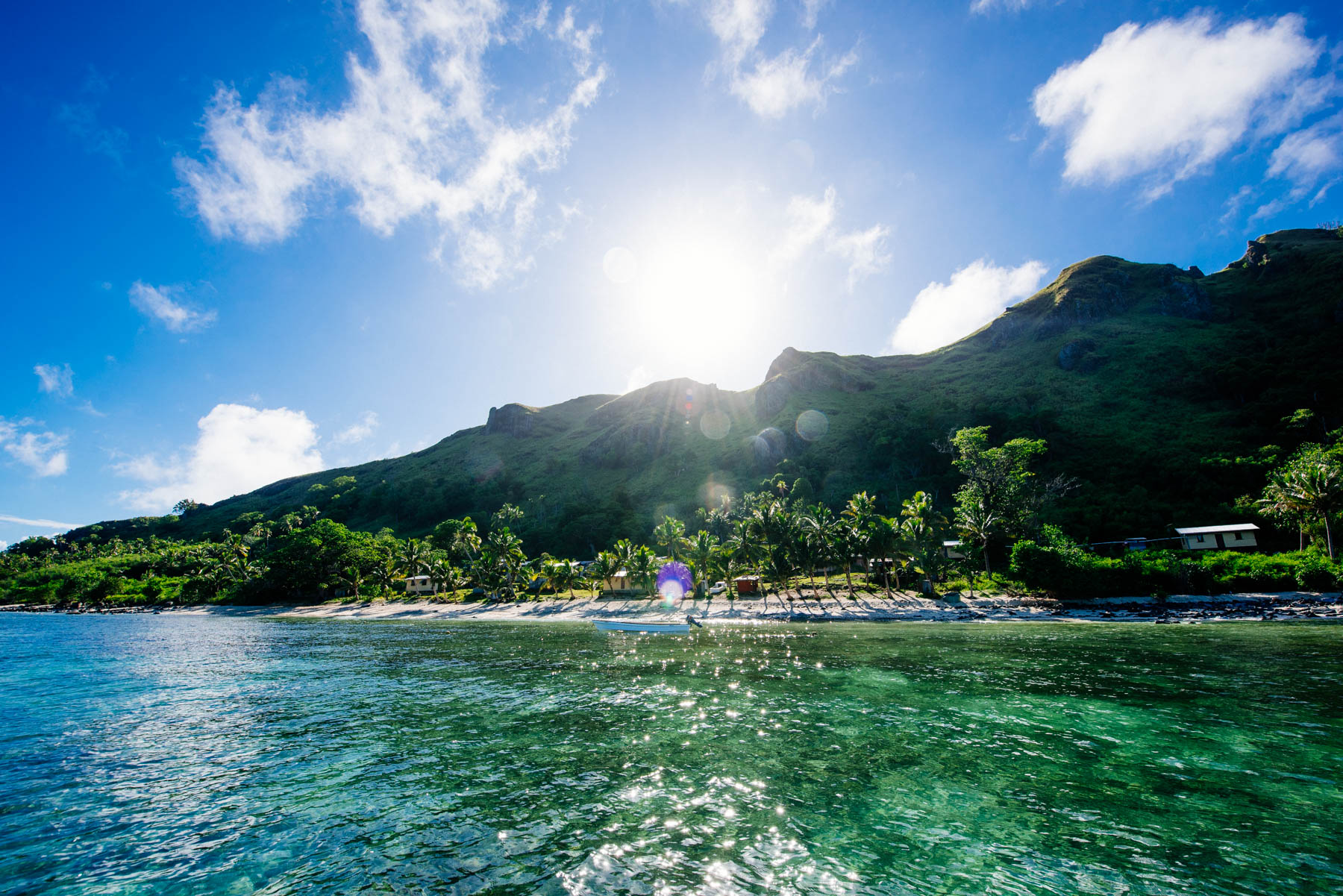
On March 24th, Tetra Tech International Development Asia Pacific hosted our first online event for the year, Climate Justice – How can we be purposeful and powerful? The event was a multi-generational, multi-dimensional panel discussion aimed at highlighting the importance of embedding the wisdom and lived experience of Indigenous people across the region as we support climate outcomes within the international development practice. We heard from a panel of three inspiring speakers from the Indo-Pacific region, moderated by Veisinia Tonga, a Tongan Kakala artist and storyteller. The panel consisted of:
- Pelenise Alofa – also known as ‘Maike Pilitati’, the National Coordinator of the Kiribati Climate Action Network (KiriCAN).
- Doni Marmer – a Research Fellow at Resilience Development Institute on the topic of Disaster and Climate Resilience and Children, Social Welfare, and Health in Indonesia.
- Tiahni Adamson – a proud Torres Strait Islander woman from Kaurareg Nation, Wildlife Conservation Biologist, Sea Ranger and State Co-Coordinator of Seed in South Australia.
This written summary follows the main themes explore by the panel over the course of their hour-long discussion.
What climate impacts are already being felt by your community?
The Indo-Pacific region is the most at-risk region to the impacts of climate change – with many countries already experiencing increased temperatures, shifts in rainfall patterns, rising sea levels and changes in the frequency and intensity of climate events. The impacts are felt right across each sector including water, energy, tourism, health, infrastructure, and natural resources. The challenges climate change bring are complex and unique within the context of each community.
Our panelists shared the following insights with us as to how their communities are experiencing climate change
Penelise – Kiribati is very dry and low, at only 3 metres above sea level. The greatest impact already affecting our people is water. If sea levels rise, our water gets contaminated. If there is no rain and wells are contaminated, that’s our number one problem as people have no drinking water.
Water and coastal protection – through adaptation in Kiribati, we are building sea walls and planting mangroves to secure the land.
Doni – As global warming is reaching 1.9 degrees Celsius, families across Indonesia, including in cities like Jakarta, are losing their homes every rainy season. Issues like gender-based violence are increasing because food is getting harder to grow and the economy is folding. The irony is, that these communities have little understanding of this change and why it’s happening. They have an ability to read and observe their environment very clearly, including weather patterns and animal behaviour, but they are overwhelmed in new patterns they are not used to observing. This means that they are unable to make use of centuries of wisdom. Climate change language is driven by the Western world, whereas Indigenous knowledge is not made use of enough. This needs to change so that climate approaches are a universal disciplinary.
Tiahni – Indigenous cultures are incredibly diverse, both culturally and with knowledge systems. In Torres Strait, we’re already seeing sea levels rise. With it, burial grounds and ancestral remains are taken away. As First Nations, communities have a deep connection to the land and to these remains. So, this loss is taking a huge impact on people’s mental and physical health. Agricultural systems and food security are at risk as sea levels are rising as fast as sea walls can be built.
In Australia, we have a huge dependence on fossil fuels. Fracking leaks chemicals into water and affects water tables, like the Beetaloo Basin. Sealog is a climate justice group working against companies trying to frack the Northern Territory.
What does climate justice mean to you?
Climate Justice is a term that addresses the importance of ensuring the burden of climate change is equally distributed between those most responsible and least impacted, and least responsible and most impacted. The most vulnerable communities across the globe are suffering the greatest impacts to climate change, and this is why climate action must be intersectional, with justice at its heart. We asked our panelists what this meant to them, their responses are as follows:
Penelise – Climate justice means that people can voice their concerns to our leaders and that the decision makers listen. Next year, the whole world will come together at COP27 to make climate decisions. In countries like PNG, people are already migrating out of small islands because their homes are submerged. Where is the justice in that? And it’s not just the Asia Pacific, it’s people in Africa and Asia. We talk about climate funds or grants and needing to put more money into mitigation. Climate justice would mean gearing solutions towards human rights. We need to push our rights, we have a right for food, water, and a place to live. This is essential so that we can still be here in the next century and forever.
Doni – Climate justice is not just the mitigation wealthy countries and corporates are doing right now. How will communities meet sociological resilience? The pillars of Social-ecological resilience consist of:
- Assets – the community need proper assets to adapt. Physical things like money, boats, financial structure that can be accessed.
- Knowledge and learning – equal rights to access, knowledge is not evenly distributed, communities at the forefront of climate change have not received education about it.
- Organisation – communities need to be supported, most of the time they evacuate themselves. Communities have their own solutions on how we can adapt, but their solutions are undermined because they aren’t Western science.
- Flexibility – being stuck in bureaucracy is very limiting and communities need flexibility to act when appropriate.
Tiahni – Already, climate refugees and migrants are four times more at risk of being refugees than wars and conflict. Covid showed us how we can mobilise resources and people. We have the technology, the means, the power to take action. We just need the platform. The point is doing the best that we can right now, with the resources we have right now. Climate justice is intertied with wealth inequality and Indigenous rights.
Tetra Tech support thriving people, planet, and communities. How can they best act as a bridge and donor between activists to influence climate justice in their work?
At Tetra Tech, we seek to ensure that we act as an advocate and ally when it comes to climate change in our region. Giving a voice to the communities we work with, and acting as a bridge between donor, program, and people will ensure that we can be strong partners. Our panelists responded to this question as follows:
Penelise – [Tetra Tech can] continue supporting activists and those who are on the frontline of change to share their stories, but who you communicate their stories to is important.
We come from small islands, not many people know where Kiribati is. We need to know who is on the front line and get their voices across. We want to talk to developed countries, the people making decisions in the UN and globally. One of our partners got us to the UN Security Council before the last Paris COP meeting.
The war on climate change is on right now. We will lose our lives and our countries. You can’t see it, but we will feel it. In our countries, we have the people who are passionate enough to make change happen. We do not have the funds. We need help from developed countries to share our voices, communication is important, these stories are important, and we need to share them.
Doni – Communication and representation by the right people. In Indonesia, throughout the pandemic people have been helping each other. Their efforts are not supported or highlighted by the higher ups. Tetra Tech can fill in the gaps for funding and adaptation. Promote and support that rather than focusing on what industry wants (mitigation). Inclusive funding for grassroots movements across the Pacifica Islands and Southeast Asia. Locally based innovation and climate solutions need to be supported, ones that are based on traditional ecological knowledge need to be highlighted.
Tiahni – Tetra Tech can support with codesigned processes within your work, including First Nations codesign in projects. Initial consultation with First Nations people is important, and with community before work goes ahead, not just for initial ideas, but for the whole process. When First Nations people aren’t consulted, their needs aren’t understood.
Before wrapping up, the panel took questions, including this one. If low-lying countries are going underwater, what is the plan to ensure that culture and tradition are not lost, just because land is?
Tiahni – No idea how we will mobilise our people off from country with sea level rising and changing so much. Many of our elders have been asking Government what we will do and where we will go.
Pelenise – As Indigenous people, you are connected to your land. Once that is gone, you move. Migration is scary because for us to accept climate migration, we are gone forever, we are not coming back. Migration is the last resort. We will do everything to stay so that we don’t lose our land. Australia may have better services, but what we have here, you cannot replace.
Doni – People want to stay. If they are forced to move that’s very difficult and desperate situation. If that happens, it’s important for those countries receiving the migrants to be able to receive migrants open-handedly. Can Australia receive these people with open hands?
Pelenise – Indigenous people know our right to our land. We know our relationship to each other on those lands. Indigenous people know where they stand and always give our right to the people that own the land.
Veisinia – As Pacific Islanders, we see ourselves as water nations. We know that the Pacific is the last frontier and that people have a vested interest in us going under because the Pacific Islands are in international waters.
